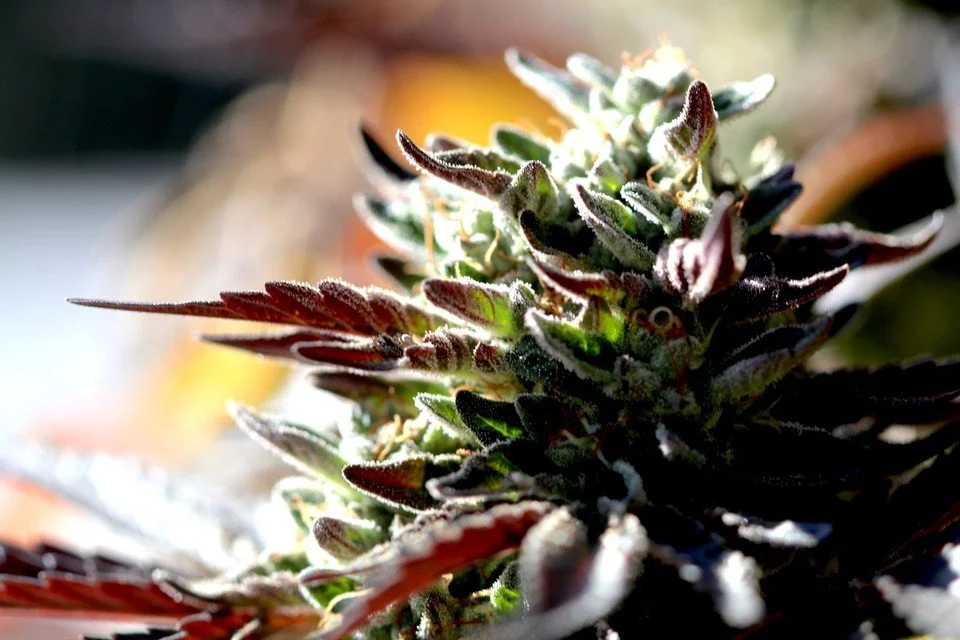We achieve more when we work together, we work better when we feel supported, and we excel because we join forces in the name of a single cause. If you dig deep enough, teamwork is at the foundation of all success. Without the actions of team-oriented individuals, we wouldn't evolve our mindset to one of collaboration and synergy - a mindset that helps us all propel forward.
A Better Garden for 2020
The new year brings with it an abundance of new possibilities. It’s an opportunity to start anew, to try alternative methods, and to work on ourselves as cultivators. This year, we want to focus our development in the garden, working to find ways to weave sustainability and community involvement in our everyday routine. With our focus here at Giving Tree Farms on working with the natural elements, we want to expand our motivation outward so that others feel compelled to do the same. We welcome you to come along on our journey to oneness with our earth by implementing these following resolutions in your gardening practices.
Should I join a cooperative? Maybe I am fine on my own.
Today, California’s cannabis industry is facing a seismic shift in market forces and culture dynamics. We are in the next generation of the cannabis industry, where profit margins and taxes force us to rethink how we sell and what is considered a marketable batch. But internally, cultivators are sometimes at odds.
On one side there’s the whole plant diversity group, which understands that top flower units are no longer the key indicator of market success. On the other side are some legacy cultivators, who are entrenched in traditional processes and market approaches despite the impacts that cannabis legalization brings to that approach.
At Giving Tree Farms, we’ve experienced this culture clash first hand. When we first installed our climate-controlled greenhouse, our friend jokingly accused us of gentrifying the ridge. Here, ridges are the regional equivalent of neighborhoods, and these neighborhoods typically come with a rich history of cultivation. But to some, a greenhouse is considered a threat to the pioneering work of our cannabis forefathers.
Our friend is the embodiment of the cultivator who shuns the regulated market and refuses to stay nimble in this fast changing landscape. He’s been growing the same way for more than 20 years. He resents trimming, balks at the use of dehumidifiers in the drying process, and never inspects for pests or uses preventative methods. He amends his soil with his compost pile, plants in May, and waters, harvests and hangs his crop to dry under trees. He refuses to consider new ways to improve his processes and is adamantly opposed to entering the regulated market. Everything we say is nonsense in his eyes.
The other side of the spectrum operates with a more progressive mindset. We are always looking at ways to improve our craftsmanship and for opportunities to process our plants in new and exciting ways. We attend networking events and volunteer in groups to better the industry. We are not fearful of the competition or use general statements to define well-funded companies as “corporations.”
Change is often terrifying, but we believe staying involved is key to helping shape the industry for the future. Through progressive action and collaboration, we can prevent regulatory uncertainties from destroying the work of our early pioneers. We respect those who sacrificed so much for this industry and want to make sure they have a way to participate in this newly regulated market, if they wish.
When we first heard of Hive Mendocino, we knew we had found our tribe. Hive Mendocino is a cannabis cooperative made up of small licensed farms coming together to bolster their position in the market. The group holds each other accountable, provides guidance, and works as a team to tackle policy and regulatory issues head-on. Although we each have honed our craft differently, we can offer an exceptionally wide array of skills and an amazingly deep level of expertise by working together.
For us at Giving Tree Farms, we need a community of open-minded peers to navigate this transition together. A farmer-owned and operated cooperative named Hive is the answer.







